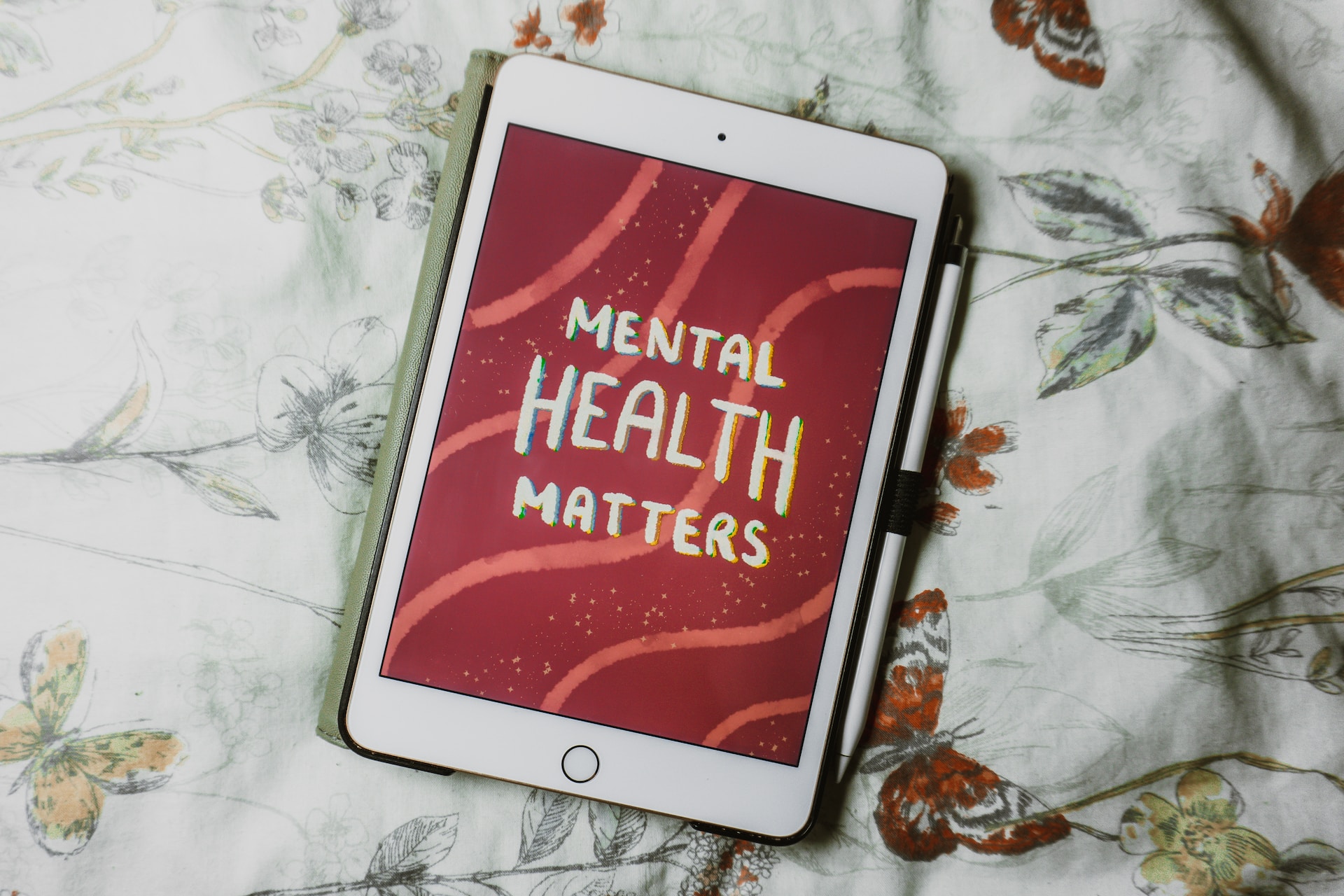For about a century addiction has been seen as a disease within the neurological pathways of the brain.
Since the 1950s organizations such as Alcoholics Anonymous and Narcotics Anonymous have been embracing this disease concept. They even refer to alcohol sensitivity as a “physiological weakness” and/or “allergy”. This concept not only alludes addicts to believe that they are powerless over a substance but that there is also a permanence attached to their state of recovery. Isn’t there a better way to encourage recovery without labeling it as such? Isn’t there a way to encourage wellness without shame and without saying that an individual will always be in treatment – a slave to their compulsions?
Is there at least a way to look at solutions without needing to classify an addict with self-helplessness, powerless to choice?
While the disease concept does reduce social stigmas attached to addiction, does it make the addict feel any less ashamed? While this accepted construct may appease family and friends trying to re-assume
the vision of their loved one in a moral light, it does not focus enough effort on empowering the individual to change. I do not wish to reiterate the time-long argument on whether addiction has earned its definition as a disease. I would rather pose the real question: Is this perspective helping those suffering from substance abuse to obtain a better understanding of how to treat the problem?
Let us take a moment to look the extraordinary organ responsible for development and change.
The Brain!
The brain is simply exceptional. It not only develops in the time it is expected to without prompting, but it also makes sure the human body matures in language and motor skills. It ensures that we acquire all the necessary autonomic body responses and also adapts to multiple physical and social environments. It is really the one thing within us that is responsible for everything as simplistic as breathing to the intricate evolution of our character personality and individuality. The brain thinks.The brain feels. The brain changes and ultimately we change with it. Possibly the most magnificent capacity of the brain is its comprehensive malleability. This in itself is a phenomenon and one that we like to call neuroplasticity. Neuropasticity is an extremely important component when looking at cases of addiction. The greatest proponent of addiction as a disease will typically lead with the argument that it changes the brain. Yes it does. Of course it does. However, addiction does not change the brain any more so than from that of repeated exposure to any one specific thing and/or activity. Individuals who may study music, mathematics, or immerse themselves in sports or science, for example, will certainly also have very different looking brain scans. We can always rely on areas of the brain to change and adapt as we learn and discover new things and stimulate our brains with new ideas. It is just as well that neuropathways will continue to develop or diminish due to use, non-use, or over-use of certain areas.
This applies to every study in life as well as all important life events. The fact is that the brain is in a natural and consistent state of change. It changes when we graduate and when we buy our first house. It changes whenever we feel like we’ve failed and every time we’ve accomplished something great. It even changes as a result of marriage, having children, losing a loved one, and the entire spectrum of experience through emotion. So if the fact that the brain changes as a result of drug use sets the parameters for qualifying for a disease, then we could also consider growing up, learning and living, just as easily a “state” of disease. If we agree, then everything we go through creates such a “state” and it can either propel us forward or hold us back. That said, does this classification make us feel any better about any form of habitual self-destruction when such life events and feelings do hold us back?
That it is just a “state of being” is not enough.
Even if we consider addiction a conditional or emotional disease, this type of labeling still does not treat the addiction itself. If anything this classification alienates the individual and does not help he or she, the family and friends involved, nor provides the wellness solution we are looking for. Point blank, since we are not looking at stem-cell research to give us our answer, we need to start looking elsewhere.
EMPOWERMENT!!
Addiction may in fact be a symptom of something else. Is it a lack or a void of some kind? Is it an unhealthy stimulus or association? Is it environment or an identity group? Perhaps we are rather looking at someone in an “off-the-cuff” state of normalcy who is battling a habit deriving from either some lack or abundance of information. Despite the multitude of possibilities pertaining to the individual, the general idea that her or she are feeling too much or too little is likely. Since over 3/4th of soldiers returning from Vietnam managed to walk away from their heroin habit once they returned home from war without intervention, I feel inspired to think that everyone with the right attitude can “kick” the habit. They just need the right guidance and the willingness to change. How they get to this point is through recovery programs that change lives, not through shame and labeling, but through empowerment.
It makes so much sense that heroin use during the war (as it may be now) was a symptom and a necessary remedy for those looking to escape their environment. For many and most the idea of “cold turkey” is not so simple because their environment may not be as black and white. This however does not mean we need to give the average -Joe addict the permanent stamp of being broken, as so many individuals believe themselves to be. Whether or not the individual believes that they are suffering from a disease, it is critical that they do not perceive of themselves as being damaged. This only causes withdrawal and a reluctance at even attempting sobriety. This mentality reinforces failure to try and can be used as an excuse, especially when this mindset amplifies their feelings of shame, depression and guilt. Going back to the extreme state of normalcy idea, it can only be expected that some will handle change better than others. The same way divorce can put one persons life on the tracks, another person may recovery quickly and move forward despite the identical experience. Addiction should be viewed with the same understanding that in order for an substance abuser to focus on their recovery journey, steps toward empowerment is key. Empowering individuals to seek recovery without the shame and stigma, teaching them how to celebrate new habits, teaching them how not to hide in their guilt surrounding their old habits, are all key.
Let us look closer at neuroplasticity and how it can help one fighting the compulsions that lead to his or her addiction. The brain is designed to adapt, evolve, and rewrite itself without thinking. It is just as capable of believing in the progress and future we tell it to. This ultimately and thankfully allows us to master some of the rewrites. Once we begin to understand why we follow the urges that control us, we are better equipped with the ability to regularly control those urges and use a sense of will to master our brains response. One cannot simply turn off their case of Parkinson’s, Alzheimer’s, Diabetes, or Cancer, and decide that they do not need to suffer any longer. However, one can in fact as has been proven, turn on a light switch in the brain that determines and desires the positive reinforcement of staying sober.
What exactly makes an individual decide to flip the switch is the “sixy four thousand dollar question”!
Enough studies have shown that with the right environment, finding comfort in places that do not hold the same stimuli that triggers using, and associating with people that encourage good habits, an addict will naturally feel more in control of their body and mind. He or she will no longer turn to substance to satisfy the void. As a person receives more gratification in staying sober, he or she begins to develop new neuro-pathways that stimulate the reward system. Since this reward system has been created from a natural environment, the association of being sober with something worthwhile is also created. It is discovered that the individual has a life that holds value and a viable future is possible. The best part is that the individual feels responsible for this result. Knowing that he or she are responsible for the change is empowering! So the bottom line is this: How do we change the perspective of recovery to one that empowers the individual and achieves this level of identifying their own free will and capacity to change by choice? The answer is this: Those of us who believe in wellness without shame need to be out there providing an empowering environment that in turn empowers the individual to empower themselves. We need to speak out against the stigma of addiction and create a safe society where those in recovery are no longer afraid to identify their “state” and willingness to change. They are then empowered and ready to look within and search for internal sources to provide the right solutions.
Let us assume that love is the opposite of fear. Let us also assume that education is the opposite of crime. If so, then what is the opposite of addiction? According to neuroscientist Dr. Marc Lewis in his book “Biology of Desire” one must first find the ability to see themselves as a character in a narrative, resolving on the idea that their life has a form and meaning. Like Dr. Lewis, I like to think that meaning, or identifying purpose in life is the opposite of addiction. Illicit substances do not belong in the natural body nor help it to live, no more so than a metal, aluminum, or plastic. Any reasonable human being knows this and when given the chance to live a healthy life free from substance, free from shame, as well as all that no longer serves them, he or she are much more likely to succeed in doing what is best for the body, mind and soul. Ultimately, the solution lies in finding whatever belief system works for the individual without shame. Whether or not the perception is that of a disease of sorts -physiological, emotional, conditional – there is sympathy to be had for every addicts journey and the consequences that come with it. Our reaction reveals hope and this is the driving force of recovery.
Reaction is a critical component to change as is finding the will to do so. Enough of one reactionchanges the perception of a situation, and perception is a powerful creator.




